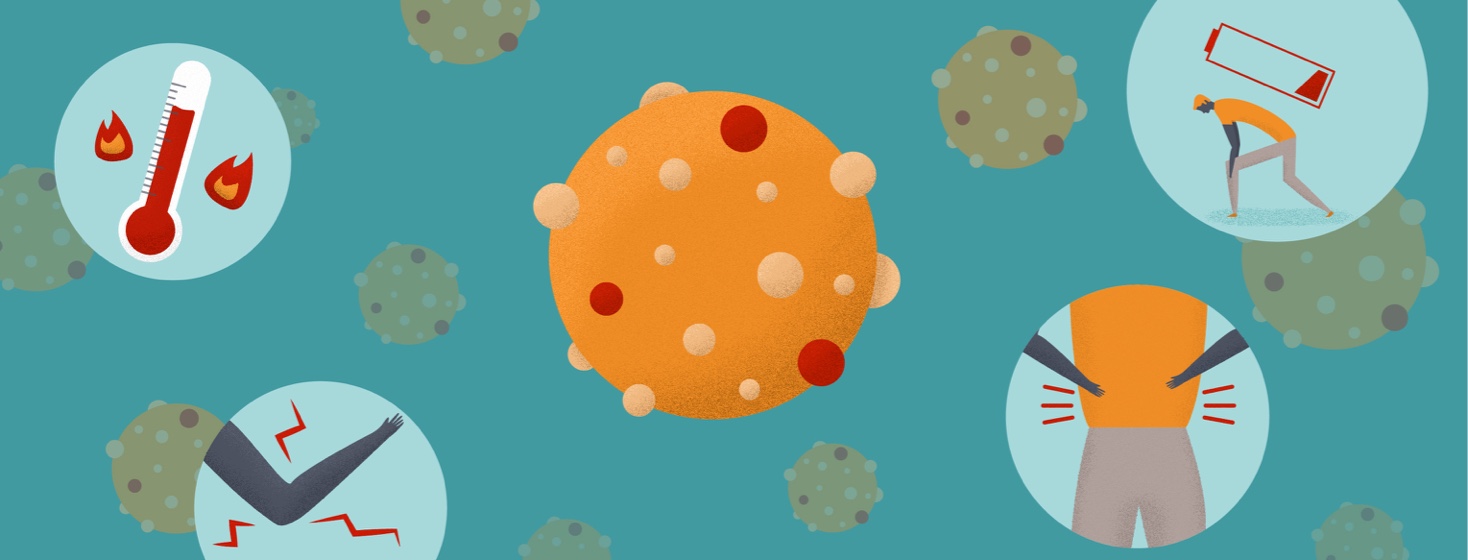Symptoms of Hepatitis C
Hepatitis C is often referred to as HCV (hepatitis C virus) or hep C, and is a viral infection that attacks the liver. If the viral infection is not eliminated it will continue to damage liver tissue causing cirrhosis, cancer, or liver failure. Hepatitis C is known as a ‘silent disease’ and often goes undetected until liver damage is present.
Important facts
There are vaccines to prevent hepatitis A and hepatitis B, but there is no vaccine for hepatitis C. The onset of the hepatitis C infection is called acute, meaning the person has been infected less than 6 months. Without treatment, most people (75%) will go on to have chronic hepatitis C.
Symptoms
Early symptoms can often mask as flu or a general un-wellness. Many of these symptoms are discounted until chronic fatigue appears, as well as other hep C symptoms such as:
- Fatigue
- Muscle soreness
- Joint pain
- Itchy skin
- Fever
- Nausea or poor appetite
- Stomach pain
- Dark urine
- Pale stools
- Jaundice, a yellowing of the skin and whites of the eyes
Testing & treatment
Early detection of hepatitis C and treatment with direct acting anti-viral medication can eliminate the virus and prevent liver damage from occurring. With improved hepatitis C treatment with direct acting anti-viral medications, there is a high cure rate of over 90% in most cases.
There are a variety of treatment medications for all liver condition and genotypes (virus strains). Standard treatment time is 12 weeks for the majority of cases. The goal of treatment is to eliminate hepatitis C and prevent any further liver damage from occurring.
The liver is an amazing organ with the ability to regenerate healthy liver tissue up to a point. The liver can regenerate from mild up to moderate scarring, but in the case of cirrhosis, which is severe scarring, the liver cannot regenerate from this level of damage. Treatment for hepatitis C does not cure cirrhosis, but there are medications to help with the symptoms of cirrhosis.
Structural tests for liver damage
The best way to determine the overall condition of the liver and stage liver damage is with a liver biopsy or Fibroscan. A Fibroscan is a specialized ultrasound which is becoming widely used and noninvasive.
Talk to your physician about your symptoms, and testing. Be proactive. Get tested, seek treatment, and receive the cure. Help your liver so that you can live a healthy life.

Join the conversation